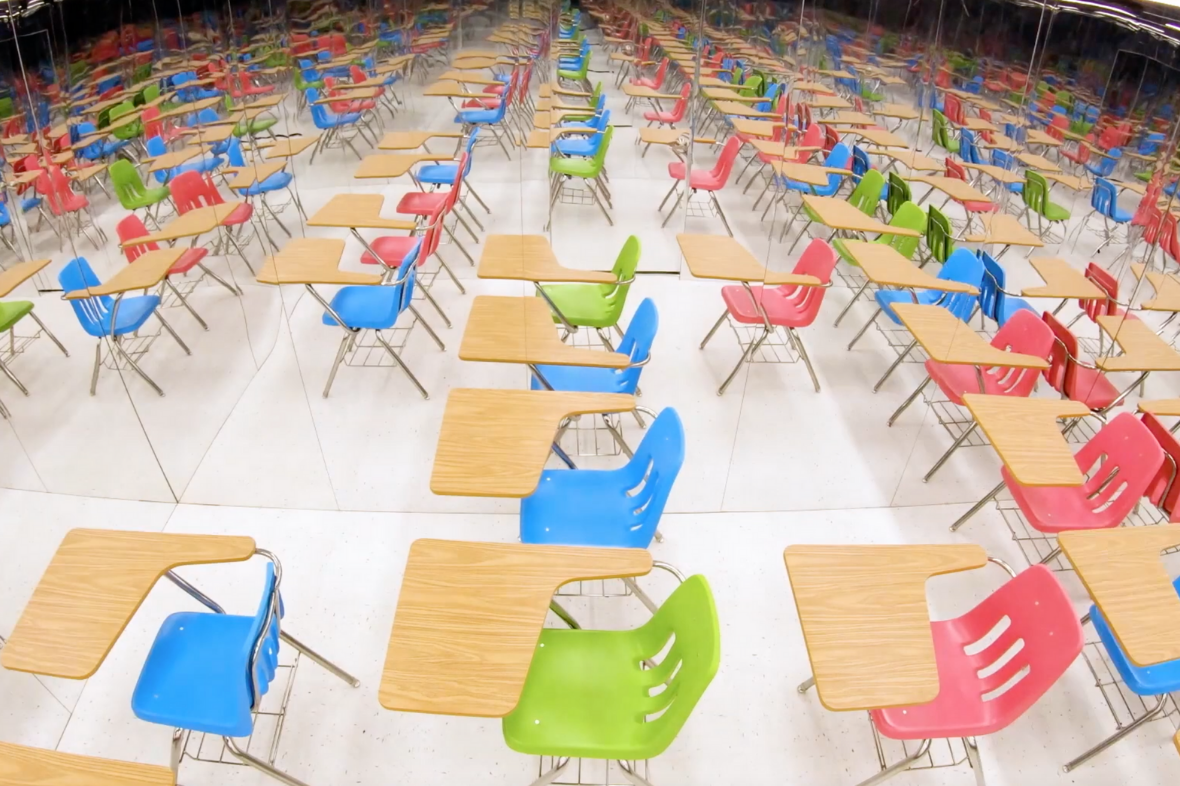
Progress made on funding education for all Syrian refugee children – but not enough
Education funding, Refugees and internally displaced people, United Nations General Assembly
The co-hosts of February's Supporting Syria conference were reminded at the UN that they made a promise to Syrian children that should not be broken.
World leaders promised in February they would provide the funding needed to get one million Syrian refugee children into school in this academic year.
The co-hosts of the London conference where that pledge was made were the United Kingdom, Germany, Kuwait, Norway and the United Nations.
That high-powered Supporting Syria group met again yesterday at the UN in New York – and heard that progress is being made but not quickly enough.
Sarah Brown, Executive Chair of the Global Business Coalition for Education, told the co-hosts that 30,000 messages had been sent to them on Facebook and Twitter – along with handwritten letters from Syrian youth.
They all said one thing: You Promised. The messages urged leaders to work harder to ensure that every child in host countries gets into school.
Yara Harake, a consultant youth co-ordinator with A World at School”s parent charity Theirworld, delivered the letters from Syrian refugee children to the UN.
She said: “I’m here to urge these leaders to keep their promise because promises to children should never be broken.”
The meeting was chaired by Lyse Doucet, the BBC’s Chief International Correspondent who has reported frequently on the effects of the Syrian civil war.
She reminded the co-hosts of their promise to get every Syrian refugee child into school during the 2016-17 academic year and added: “This is not just an issue for the neighbouring countries. This is everyone’s problem.”
She also told the co-hosts and the audience to watch a powerful film made by Theirworld – the children’s charity behind A World at School. It features some of our Global Youth Ambassadors from across the world.
Norwegian Foreign Minister Borge Brende said Turkey and Lebanon – who host the vast majority of the Syrian refugees – cannot be left to fund everything themselves.
The London conference agreed to deliver a package that included $1.4 billion to educate the Syrian refugees, children within Syria and vulnerable young people in host countries.
Brende added that 80% of the overall funding is contracted or disbursed. He said: “This is exceptional” but admitted: “There are big gaps on education.”
He added: “We must give children a glimmer of hope. This has to change.”
Elias Bou Saab, Lebanon’s Education Minister, agreed that progress is being made but the funding is six months late.
He added: “I’m opening schools without having the funding for them. We are in a crisis. We feel that international priorities are somewhere else – but it’s not too late to get every child in school.”
The UK’s Secretary for International Development, Priti Patel, also said progress was being made. But she said more pledges are needed and added: “We need to make good on those pledges.”
Sarah Brown also reported that pledges of $75 million mobilised from the private sector by GBC-Education to help educate Syrian refugees were made good.
She said everyone wants children to read and write. But – challenging the transparency around what has happened to the $1.4 billion pledged for education – she said those children cannot read about the funding progress because it is not written down.
Ben Hewitt, Campaigns and Communications Director for Theirworld, said the Supporting Syria co-hosts had published a report this week that showed the lack of funding in 2016 and had no details on funding for 2017.
He added: “It’s vital that we track these commitments and ensure real delivery. There has been no shortage of encouraging summit communiques – but communiques do not put children in classrooms.
“Most donors have failed to meet even the most basic criteria for transparency on how much money they are giving, where it’s being delivered and how many children it’s helping get into school.”

More news

“Leaders are paying more attention to young people – we can rewrite the path of education”
